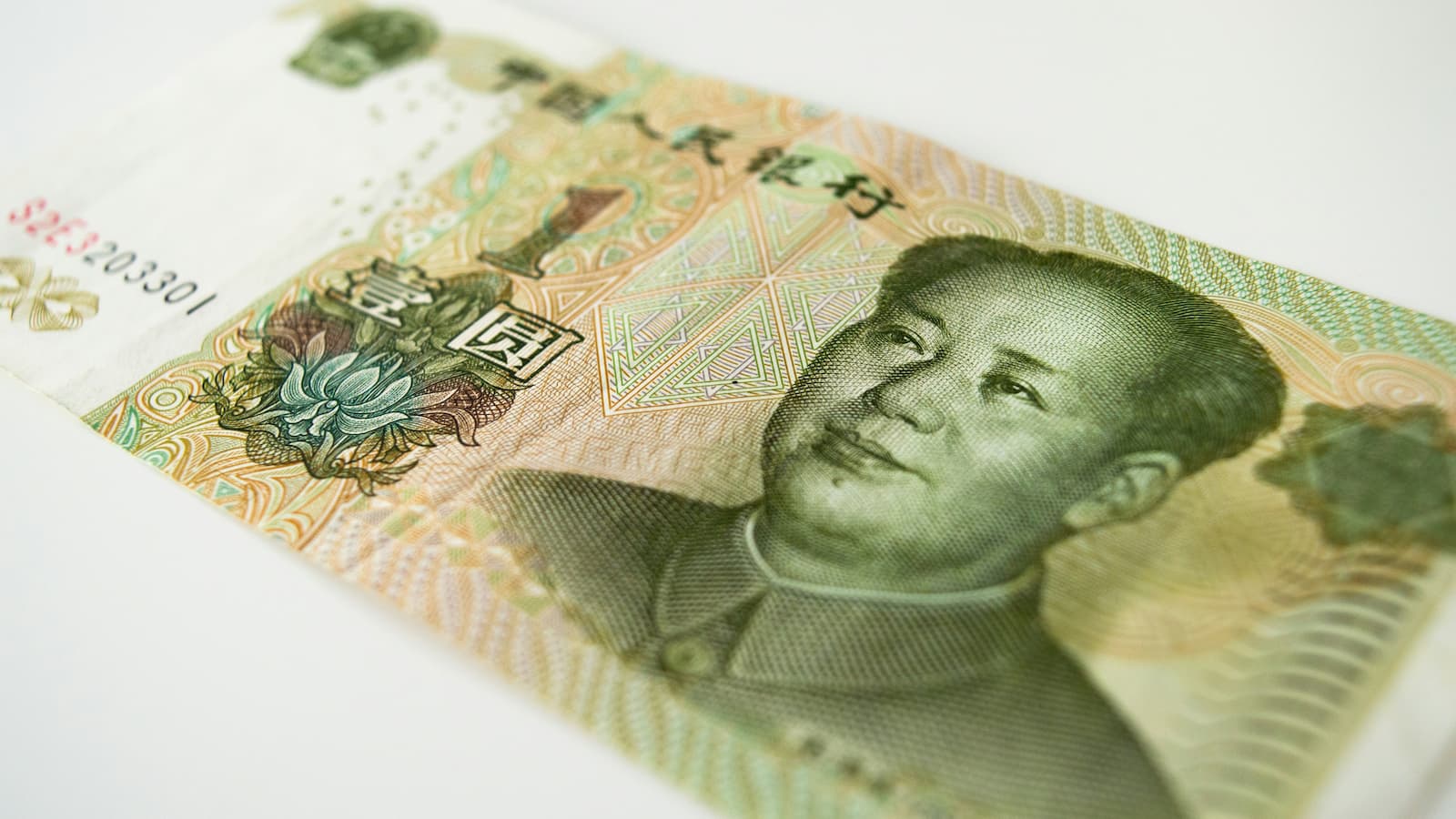
Recent shifts in emerging market currencies vividly demonstrate the substantial effects of U.S. monetary policy on global markets. As the Federal Reserve hints at possible rate cuts, investors closely watch the weakening dollar. This situation modifies investment strategies worldwide.
Specifically, currencies from developing nations like the Japanese yen and Chinese yuan show varied responses. The yen, often seen as a safe haven, sometimes gains value amid global uncertainties. Meanwhile, the yuan faces challenges related to China's economic policies and its trade dealings with the U.S.
These fluctuations are indicative of a broader trend. Emerging market currencies frequently reflect investor sentiment and economic stability. The relationship between U.S. rate decisions and economic data from these regions is pivotal for investors. It affects currency valuations and overall market dynamics.
Furthermore, the broader implications for global finance are significant. Shifts in U.S. interest rates could lead to considerable capital reallocations across emerging markets. For traders and investors, grasping these patterns is crucial for informed decision-making. By diligently monitoring these trends, they can more effectively navigate the complexities of international finance and capitalize on arising opportunities from currency fluctuations.
Stay updated with the latest Forex trading news and analysis. For more insights, visit our website now at: https://fixiomarkets.com/en/prex-blogs.
Discover how emerging market currencies are responding to potential U.S. rate cuts and the resulting dollar weakness.
Superior trade execution & trading conditions with the NDD method.

The online FX industry provides a platform for investors worldwide to engage in the buying and selling.

Subscribe to our daily newsletter and get the best forex trading information and markets status updates
Trade within minutes!
Comment (0)